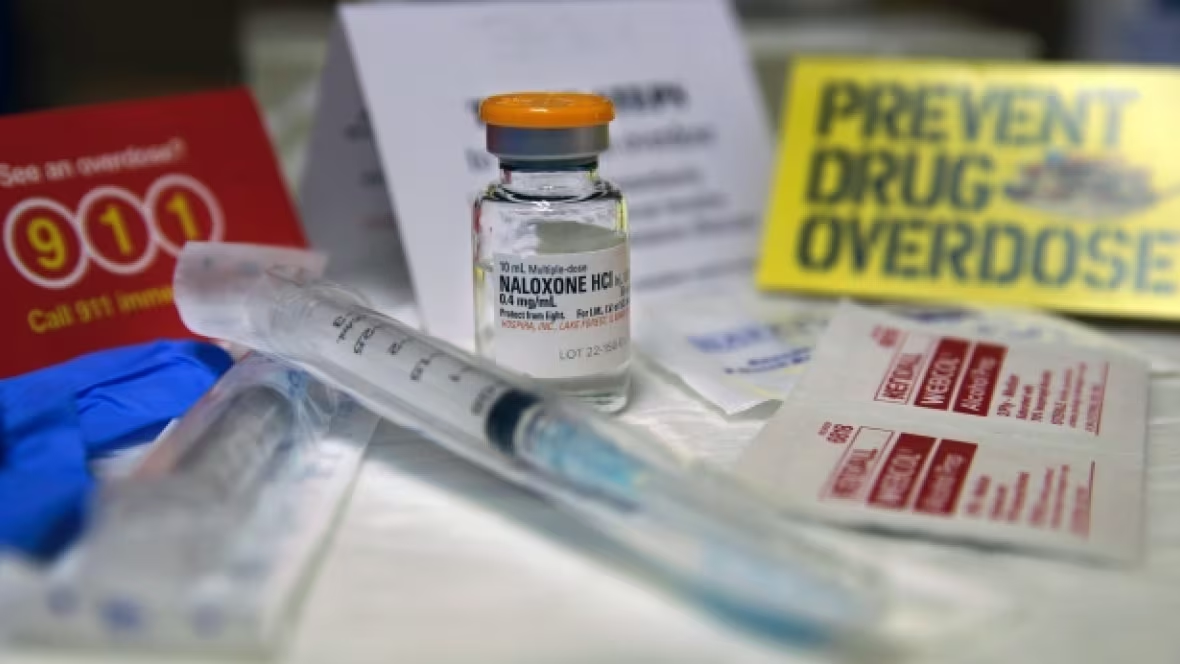Opposing overdose trends in B.C. Interior perplex health officials
Drug overdose numbers decreased in Kamloops in 2017, but nearly doubled in Kelowna

Health officials in the B.C. Interior say Kelowna and Kamloops offer an "exciting" opportunity to analyze what is working and what is not in the fight against illicit drug overdoses.
The B.C. Coroners Service says more than 1,400 people died of an illicit drug overdose in the province in 2017.
In Kelowna, drug overdoses almost doubled to 75 from 47 in 2016.
In Kamloops however, drug overdose deaths decreased to 39 from 44 in 2016, a trend Interior Health calls a "silver lining."
"We've known this for several months, that the numbers have been less, so there's something that we're doing well," said Dr. Trevor Corneil, chief medical health officer for Interior Health.
"How do we tease this apart? That for us is really exciting."
Analysis underway
Interior Health has implemented supervised injection sites in both cities.
Corneil says the two cities are similar in terms of size, location and access to illicit drug supplies, but more people appear to be seeking treatment in Kamloops and health officials are not sure why.
"We're actively undertaking analysis," said Corneil.
"Is it a capacity issue? We know we're offering services everywhere. Is it that people that don't normally access services are feeling more comfortable to come in the door?"
"If we can sort that out for a smaller urban city, then I think we'll begin to have the key to solving this [overdose] problem, at least in the Interior," he said.

Corneil said stigma continues to be an issue throughout the Thompson-Okanagan.
'We need to support people'
Outgoing B.C. provincial health officer, Dr. Perry Kendall, agrees stigma is a problem. He argues Canada should decriminalize possession for personal use, similar to a model used in Portugal.
"I think that would enable us to take steps to divert money from the courts," said Kendall.
"It would enable us to see individuals as people with problems and I think we'd be able to do what we're doing now but do more of it and do it more rapidly."
Corneil says governments have a role to play in helping reduce drug overdoses, but reducing stigma begins at the local level.
"The residents of the Okanagan, the residents of Kelowna, need to accept that this is something that impacts them and affects them and actually come to terms that problematic substance use is a problem and that we need to support people," said Corneil.

"We have already pushed things in the last 18 months further than I ever expected to see in my career," he said.
"But once you're around that corner and people start to see these activities as normal and needed, that's how you begin the journey."
In January, Interior Health issued a region-wide alert after nine drug overdose deaths in just five days.
With files from CBC's Daybreak South and Chris Walker.

